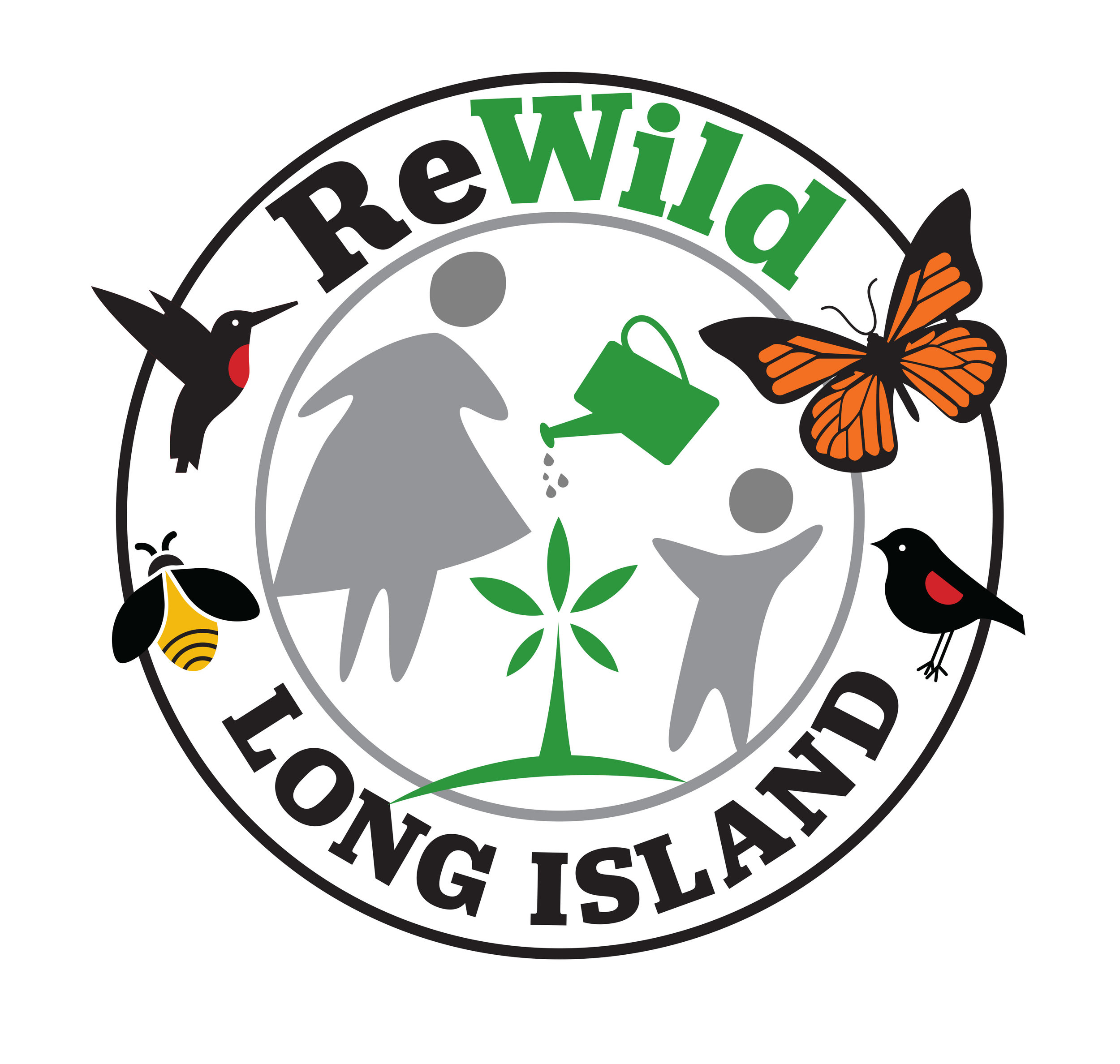ReWild/Compost Backyard Composting Guide Composters & Rain Barrels Stop Food Waste FoodCycler Pilot
ReWild Compost Crew
Food waste accounts for 1/3 of all human-caused greenhouse gas emissions
Reducing Food Waste. Transforming Food Scraps into Soil Food.
Email us if you have questions or suggestions — or can lend a hand. Community composting depends on you.
Nassau County
Event: 3rd Annual Pumpkin Smash at the Science Museum of Long Island
Date & Time: Sunday, November 2, 2025 ⋅ 12:00 PM–5:00 PM
Location: 1526 N. Plandome Road, Manhasset, NY 11030
More info / tickets: https://www.smli.org/pumpkinsmash
Notes: Bring your old Halloween pumpkin(s) to smash and compost.
Suffolk County
General ongoing drop-off network:
East Hampton, NY – ReWild/East Hampton Compost drop-off network accepts Halloween pumpkins (remove decor, candles, stickers) at designated locations in the Town of East Hampton area.
Southold, NY – Municipal Food Scraps Drop-Off Program
Southampton, NY – Food Scrap Composting at Town Facilities
Riverhead, NY – Food Scrap Drop-Off Program (Pilot & Residential)
Brookhaven, NY – Compost / Wood Chips & Food/Leaf Waste Drop-Off
Got questions about your backyard compost, a ReWild/compost program, or kitchen food recyclers? We’re here to help!
Email Compost@ReWildLongIsland.org
Go to our step-by-step guide.
START A composting program in your community!
From compost bin (and rain barrel–sales to community drop-off pilots to countertop food cyclers, we’ve done it successfully. Now, we want to help communities around Long Island do it, too.
We’re here to provide advice and resources.
Email Compost@ReWildLongIsland.org
2025 North fork schedule
Two ReWild / North Fork Drop-Off Locations
Free. Registration Required.
Deep Roots Farm in Southold
Register: Mary@ReWildLongIsland.Org
Golden Acres Organic Farm in Jamesport
Contact Kelly: Info@GoldenAcreFarm.com
Countertop Recycling
If composting in your backyard or taking your scraps to a drop-off isn’t going to work for you, recycling food scraps in your kitchen is a great option.
Countertop recyclers reduce food scraps by volume and weight. Rather than yielding compost, they produce a dry soil amendment that can be
sprinkled in your garden or houseplants
added to a friend’s compost pile as a green component
brought to a ReWild drop-off location
Food waste is the largest component of household trash sent to landfills and incinerators. In addition to causing environmental harm, there’s a financial incentive as the costs of transporting and trashing waste is increasing across Long Island with the coming closure of the Brookhaven landfill.
ReWild Long Island is collaborating with FoodCycler to offer a 40% discount on their units to our community members.
the benefits of Compost…
Helps support pollinators: Compost improves soil quality & structure so it can provide the habitat required by pollinators such as butterflies, native bumblebees, fireflies & birds.
Improves soil fertility and reduces the use of chemical fertilizers: Compost returns nutrients and organic matter to our soils, yielding healthier plants — and healthier produce for our families.
Reduces food waste in our community: The average US household throws out some $1,850 of food each year.
Reduces greenhouse gases: Food waste in landfills produces methane; incineration produces carbon dioxide as does transportation. On the other hand, compost traps CO2 in soil.
Saves water & reduces stormwater runoff: Compost acts like a sponge, helping soil retain water, so your garden needs less watering. It also helps soil absorb storm waters that cause flooding & erosion & harm our beaches.






